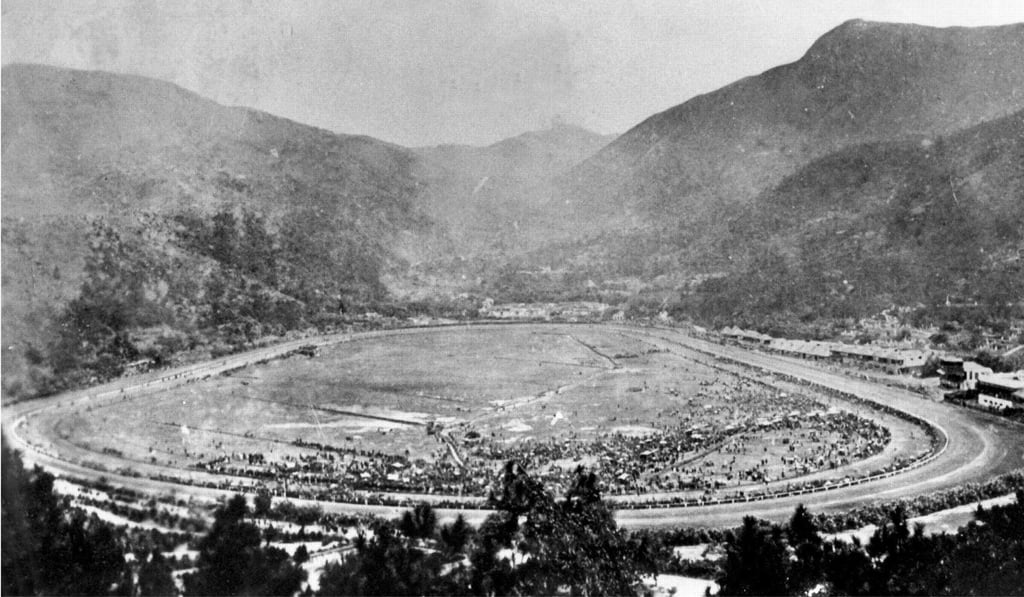How did Hong Kong's Happy Valley get its name? Blame black humour, illicit drugs or murderous mosquitoes
Theories differ on the origin of the moniker but despite a dark past the Hong Kong icon is known around the world as the home for rugby and horse racing

Happy Valley is the cauldron famous around the world for rugby and horse racing. It was here in 1976 that the first Hong Kong Sevens was held at the Hong Kong Football Club, this week the club is the venue of the Tens.
There are as many places in the world called Happy Valley as there are Hong Kong Sevens teams this weekend – 24 in total. And the world’s “Happy Valleys” seem to be parallel to the rugby nations with places in Wales, Kenya and the United States, Canada, South Africa and Australia. Many are military bases.
But how did Hong Kong’s Happy Valley get its name?

There are almost as many theories as to why Happy Valley was named as there are as to why the Aussies are booed at the Sevens every year. Thanks to Steve Smith, we just added another one.
Rugby fan Peter Johnson says it was named due to “the presence of a cemetery, the first in Hong Kong”. The cemetery was actually five: Catholic, colonial, Muslim, Parsee and Jewish. There are theories that the British sense of humour was at play, calling the area so associated with death its name.